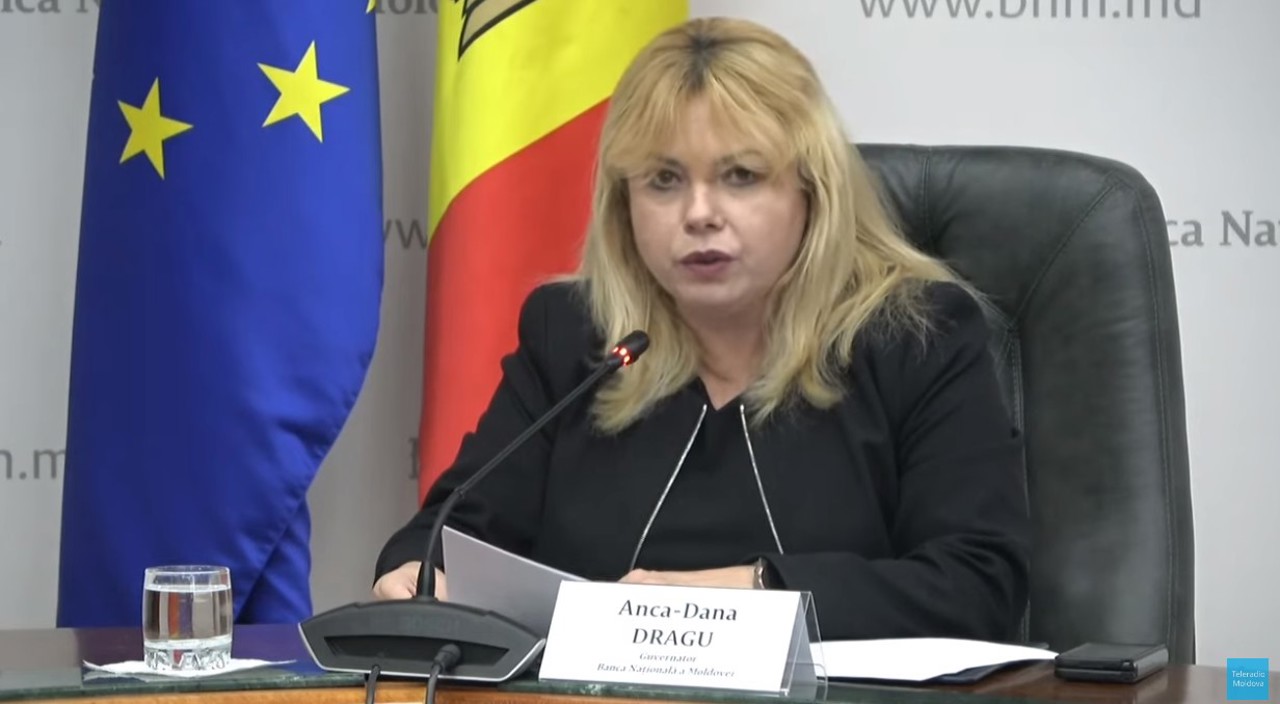National Bank of Moldova Implements Monetary Policy Adjustments Amid Inflation Concerns
The main short-term monetary policy operations' benchmark rate has been reduced by 0.15 percentage points to an annual level of 3.6%.

Concurrently, the interest rates for overnight loans have been established at 5.6%, and for overnight deposits, at 1.6% annually. This decision was adopted by the Executive Board of the National Bank of Moldova.
Furthermore, the mandatory reserve requirement ratio for funds attracted in Moldovan lei from June 16 to July 15 has been decreased from 33% to 31% of the calculation base, and from July 16 to August 15 from 31% to 29%. For funds attracted in freely convertible currency, the ratio has been adjusted from 43% to 41% of the calculation base for the period from June 16 to July 15, and from 41% to 39% for the period from July 16 to August 15.
"In today's monetary policy decision, the National Bank of Moldova aims to decelerate the inflation decrease and maintain it within the target interval by stimulating aggregate demand, including encouraging consumption and investment, balancing the national economy, and anchoring inflation expectations. This decision extends the monetary policy relaxation initiated in December 2022. Its effects will gradually manifest through the reduction of interest rates on deposit and credit markets," stated Anca Dragu, governor of the NBM, during a press conference.
Additionally, the NBM has approved the second inflation report, confirming the previously anticipated trends. "Annual inflation decreased to 3.9% in March 2024, 0.3 percentage points lower than in December 2023. The deviation was mainly caused by regulated prices due to delayed tariff adjustments for medical services and the decrease in natural gas prices in February," mentioned Anca Dragu.
According to the governor of the NBM, factors contributing to the inflation decrease include disinflationary demand, reduced food prices on the international market, last year's abundant harvest, lowered tariffs for some communal services, and compensation for energy resources provided to the population during the cold period. Simultaneously, stimulative monetary measures, fiscal policy adjustments, and some adverse sectoral shocks have mitigated the inflation decrease.
As per the NBM's forecast, annual inflation will fluctuate slightly around the 5% target, remaining within the variation range of ±1.5 percentage points over the next eight quarters.
"The dynamics will be largely influenced by all components. Aggregate demand will be disinflationary throughout the forecast period due to restrictive monetary conditions and, to a lesser extent, weak external demand. Positive fiscal impulse will alleviate the decrease in aggregate demand," added Anca Dragu.
Translation by Iurie Tataru





